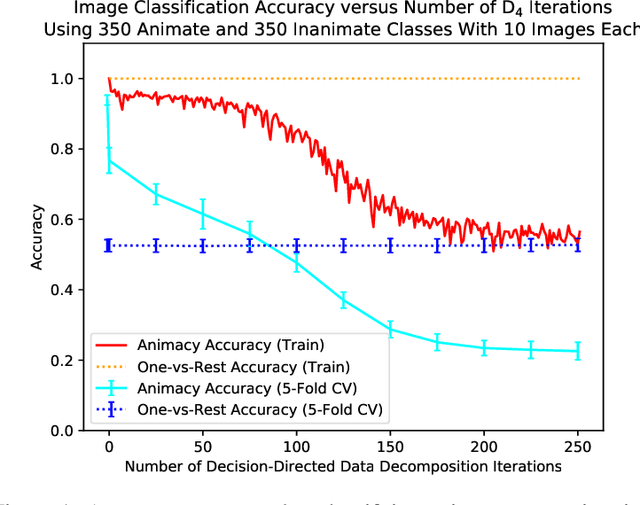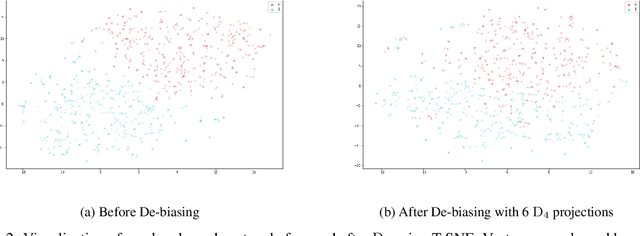Ethan Jackson
Food for thought: How can machine learning help better predict and understand changes in food prices?
Dec 09, 2024Abstract:In this work, we address a lack of systematic understanding of fluctuations in food affordability in Canada. Canada's Food Price Report (CPFR) is an annual publication that predicts food inflation over the next calendar year. The published predictions are a collaborative effort between forecasting teams that each employ their own approach at Canadian Universities: Dalhousie University, the University of British Columbia, the University of Saskatchewan, and the University of Guelph/Vector Institute. While the University of Guelph/Vector Institute forecasting team has leveraged machine learning (ML) in previous reports, the most recent editions (2024--2025) have also included a human-in-the-loop approach. For the 2025 report, this focus was expanded to evaluate several different data-centric approaches to improve forecast accuracy. In this study, we evaluate how different types of forecasting models perform when estimating food price fluctuations. We also examine the sensitivity of models that curate time series data representing key factors in food pricing.
Decision-Directed Data Decomposition
Sep 18, 2019



Abstract:We present an algorithm, Decision-Directed Data Decomposition, which decomposes a dataset into two components. The first contains most of the useful information for a specified supervised learning task, and the second orthogonal component that contains little information about the task. The algorithm is simple and scalable. It can use kernel techniques to help preserve desirable information in the decomposition. We illustrate its application to tasks in two domains, using distributed representations of words and images, and we report state-of-the-art results showcasing $D_4$'s capability to remove information pertaining to gender from word embeddings.
 Add to Chrome
Add to Chrome Add to Firefox
Add to Firefox Add to Edge
Add to Edge